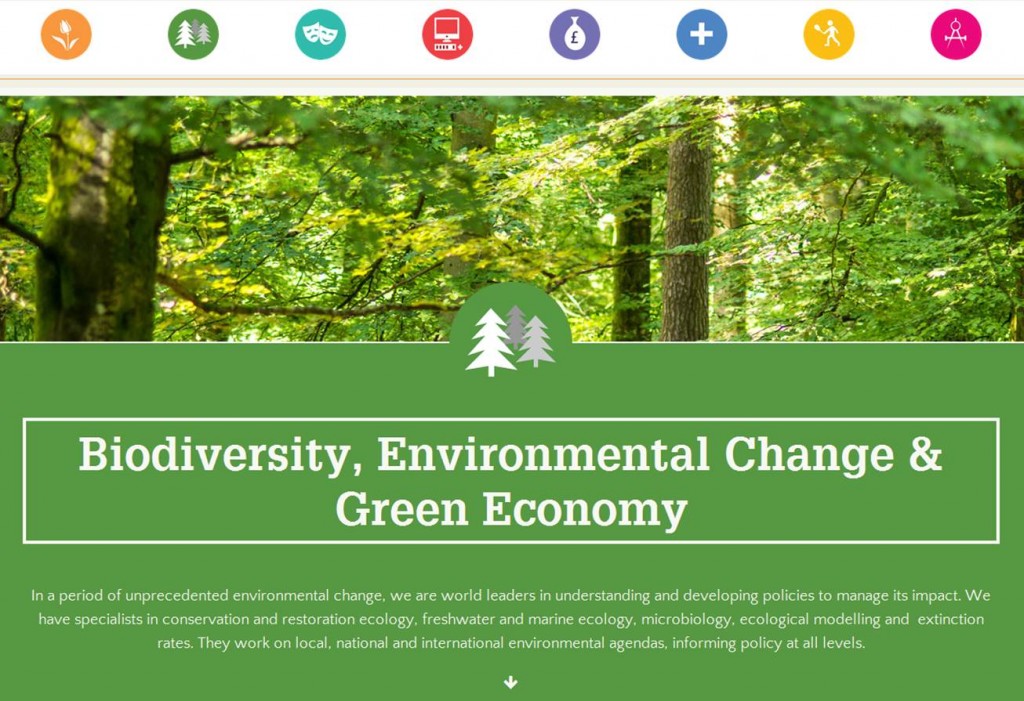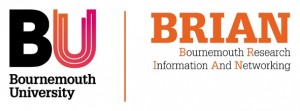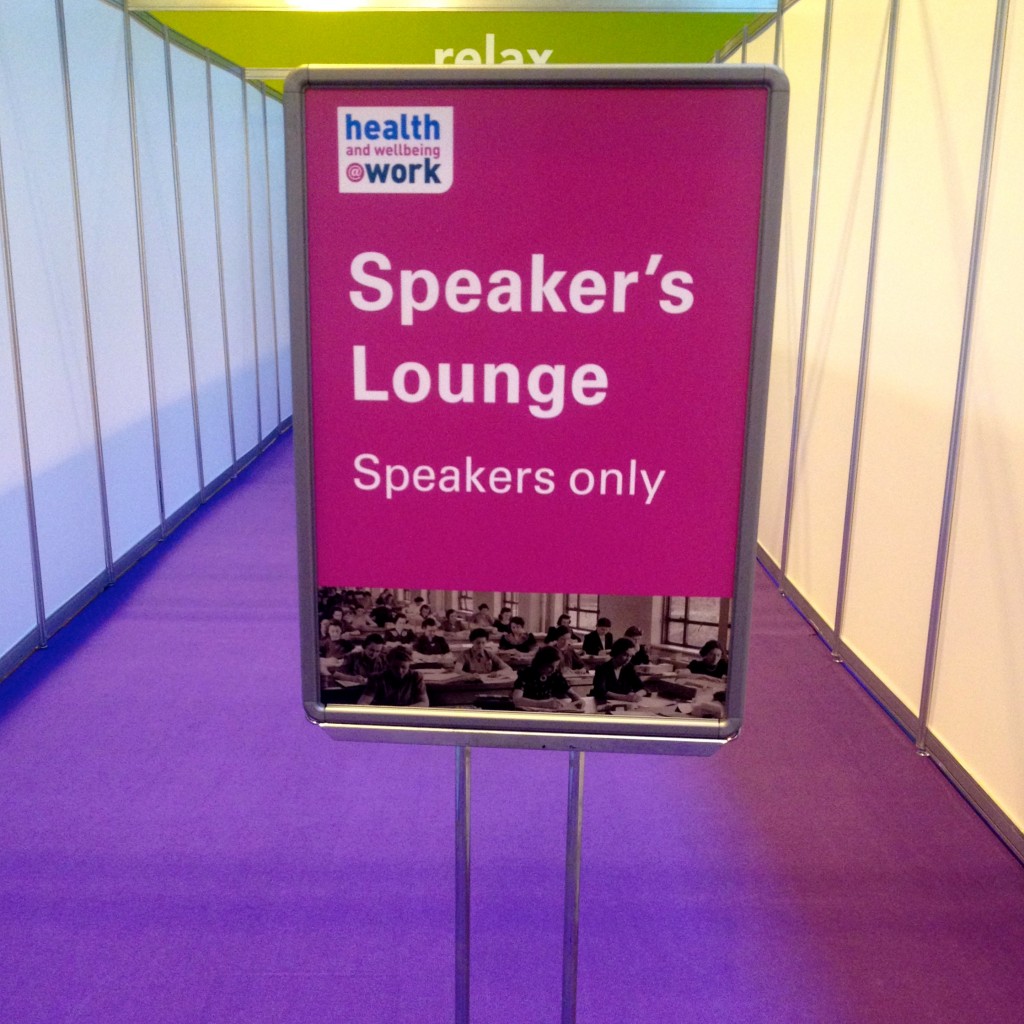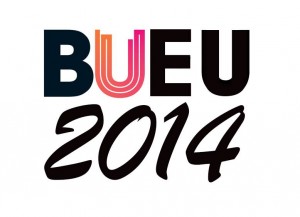Dr Christos Apostolakis from the Business School has been awarded Fusion Investment Fund to establish working relationships with Instituto Tecnológico y de Estudios Superiores de Monterrey (Tecnologico de Monterrey), Mexico in terms of research and education. Christos has accepted an invitation by the Global Research Chair in Entrepreneurship Eugenio Garza-Laguera at Tec de Monterrey and he will travel to Monterrey on the 5th April 2014 for a week’s visit to engaging in a series of intellectual and networking activities.
During his 5 working-day visit, Christos plans to:
- Give a guest lecture about Bournemouth University Business School (vision; goals; history; future plans; suggestions for collaboration with Tec de Monterrey and EGADE Business School);
- Give a presentation about his research work on social entrepreneurship expanding on the significant role of entrepreneurship in biotechnology the main research theme of the host research centre;
- Attend student classes on Entrepreneurship and, Strategy;
- Collect material and other secondary data about entrepreneurship activities run or supported by the host research centre;
- Visit wherever possible local businesses that promote entrepreneurship in biotechnology (in collaboration with the Global Research Chair in Entrepreneurship Eugenio Garza-Laguera);
- Do networking with colleagues who work for EGADE Business School and the Global Research Chair in Entrepreneurship Eugenio Garza-Laguera;
- Collaborate in expanding the paper the abstract of which has already been accepted for the ECIE 2014 conference with Dr Marcia Villasana Campos.
It is envisaged that this visit can initiate long term collaboration between the two universities such as staff and student exchange, joint PhD supervision and, student recruitment with a focus on entrepreneurship (and not only). The project contributes to both research and education of the Fusion concept as it aims to develop gradually a strategic partner for BU’s internationalisation process.
Tecnológico de Monterrey is one of the largest private multi-campus universities in Latin America, with over 90,000 students. Based in Monterrey, Mexico the University has 31 campuses in 25 cities throughout the country. It has one of the top graduate business schools in the region and it is well-known for having a large number of students studying abroad every year.
For more information, please contact Dr Christos Apostolakis (capostolakis@bournemouth.ac.uk)






























 ESRC Festival of Social Science 2024 Open Call – Deadline for Applications Thursday 16 May
ESRC Festival of Social Science 2024 Open Call – Deadline for Applications Thursday 16 May We can help promote your public engagement event or activity
We can help promote your public engagement event or activity Horizon Europe News – December 2023
Horizon Europe News – December 2023